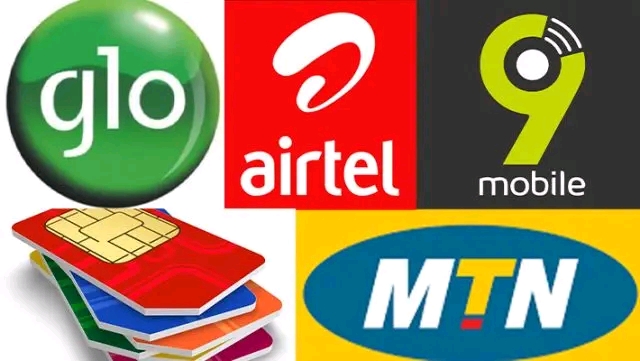Subscriber groups have issued an ultimatum to the Nigerian Communications Commission, demanding the reversal of the 50 per cent tariff hike to 10 per cent by Wednesday, January 29, 2025.
The National Association of Telecoms Subscribers and the Association of Telephone, Cable TV, and Internet Subscribers of Nigeria have also criticised the Nigerian Labour Congress for its planned protest, urging the union to focus on its core mandate of protecting workers’ welfare.
While both advocacy groups recognise the financial burden posed by the tariff hike, particularly given the prevailing economic difficulties in the country, they oppose the NLC’s proposed protest actions, describing them as counterproductive.
The tariff increase, approved by the NCC on January 20, marked the first adjustment since 2013.
It raised the minimum cost of phone calls from N6.40 to N9.60 per minute, with the aim of addressing the widening gap between rising operational costs and revenues in the telecoms sector.
Telecoms operators had initially pushed for a 100 per cent hike, citing inflation and high operating expenses, but the NCC settled for a 50 per cent adjustment.
Speaking with newsmen on Friday, NATCOMS, President Adeolu Ogunbanjo, disclosed that there had been an engagement with the NCC as he hoped the regulator would respond next week.




